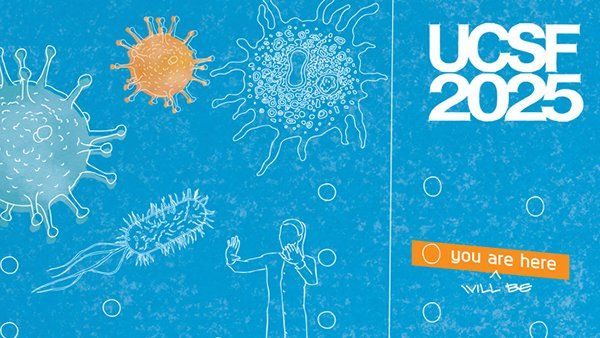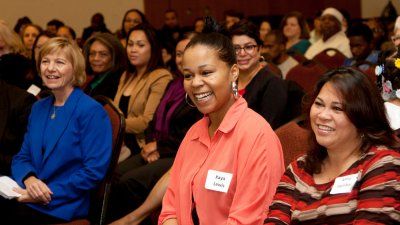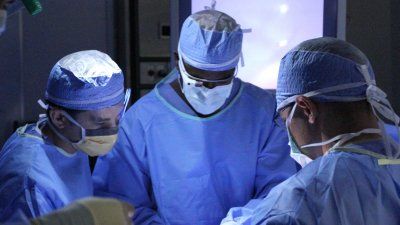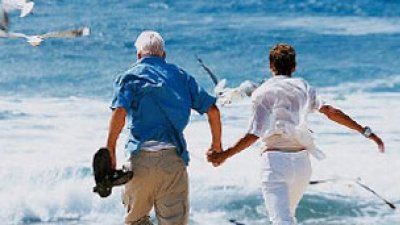Archive: David Baltimore to Deliver 2013 Gladstone Distinguished Lecture
David Baltimore, PhD, will present the 2013 Gladstone Distinguished Lecture on Wednesday, Nov. 20. The lecture, titled, “The Role of MicroRNAs in Immune Functions,” will begin at 4 p.m. in Gladstone’s Robert Mahley Auditorium.







